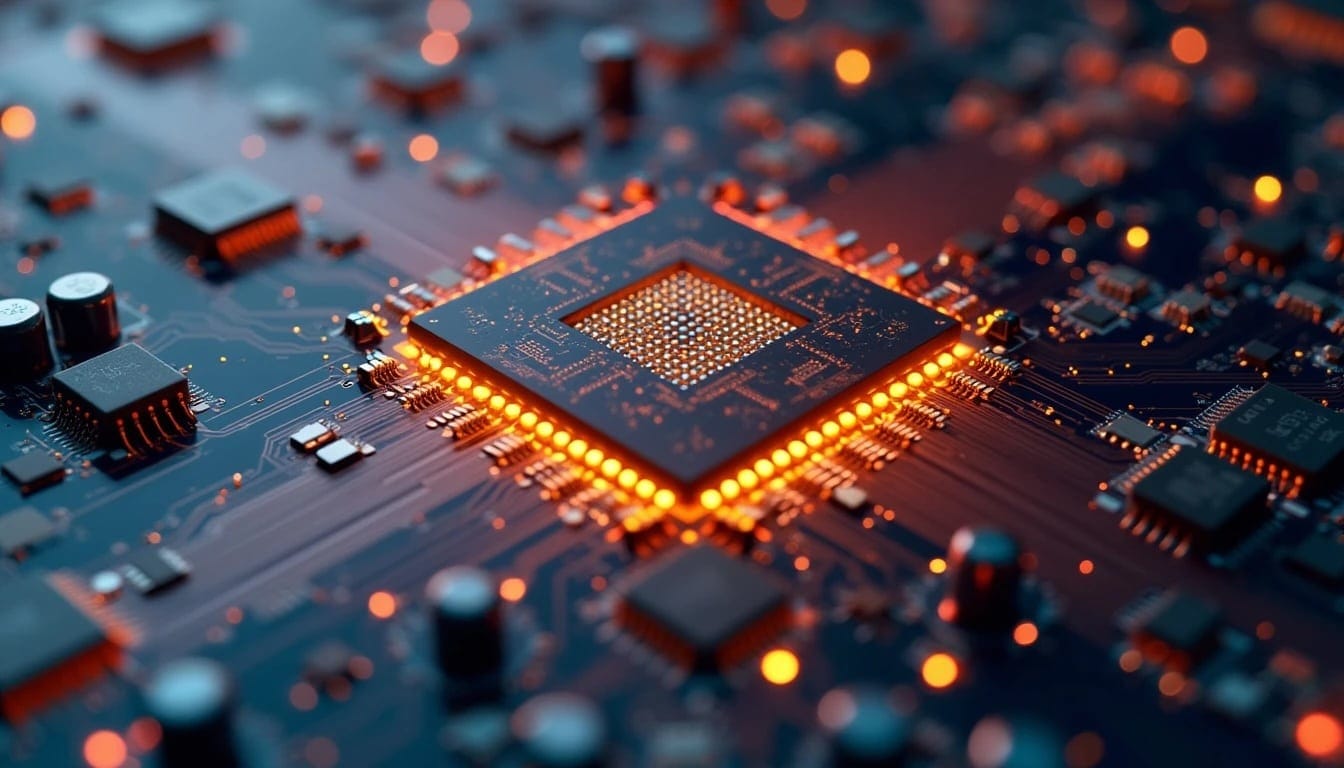The growing demand for GPUs, a key component in artificial intelligence (AI) computing, has surpassed global production capacity, forcing cloud service providers to seek innovative solutions. In response to this situation, leading technology companies have begun developing custom chips as an efficient alternative to meet the needs of their platforms and users.
The Rise of Custom Chips
Traditionally, GPUs have dominated tasks such as AI model training due to their ability to handle intensive workloads. However, their high energy consumption, cooling requirements, and particularly the current shortage have led companies to explore other options. According to recent reports, the availability of Nvidia’s most advanced GPUs is expected to be constrained for the next 12 months.
In light of this scenario, custom accelerators have emerged as a strategic solution. According to Mario Morales, Vice President of Analysis at IDC, these chips offer a better price-performance ratio, reducing operational costs and maximizing return on investment. This evolution not only allows companies to adapt to the growing demand but also enhances efficiency in their operations.
The Bets of Tech Giants
Companies like AWS, Google, and Microsoft have taken the lead in developing custom chips. AWS, for example, has launched accelerators such as Trainium and Inferentia, while Google has developed its own TPUs (Tensor Processing Units). Microsoft, while newer in this area, has begun to make strides with the introduction of its custom chips Maia and Cobalt, designed to optimize energy efficiency and handle AI workloads.
At its recent Ignite conference, Microsoft unveiled two new chips for its Azure platform:
- Azure Boost DPU: Optimizes data processing through a custom operating system.
- Azure Integrated HSM: Provides enhanced security by protecting encryption keys in dedicated hardware.
While these innovations represent a significant advancement, Microsoft still faces tough competition from companies like Google and AWS, whose solutions are more established in the market.
Innovations in Cooling and Infrastructure Design
In addition to chips, Microsoft has announced liquid cooling systems for AI servers and a rack design co-developed with Meta that allows for 35% more AI accelerators per rack. These measures not only improve performance but also reduce energy consumption and operational costs, which are critical for large-scale data centers.
Custom Chips for Security
Security is another area where custom chips are making a difference. Microsoft, AWS, and Google have incorporated advanced technology to enhance the protection of their infrastructures. For example:
- AWS Nitro prevents main CPUs from modifying firmware.
- Google Titan establishes a “secure root of trust” to validate system health.
- Azure Integrated HSM from Microsoft streamlines encryption tasks, reducing latency and improving scalability.
The Future of Custom Chips in the Cloud
The development of custom chips is not just a trend, but a long-term strategy for the so-called “hyperscalers” in the cloud. According to Alexander Harrowell, Principal Analyst at Omdia, investing in this technology is essential to reduce costs, improve efficiency, and maintain competitiveness in a market that demands ever-faster and more specialized solutions.
With the demand for advanced computing on the rise, the race to redefine cloud performance is just beginning. Custom chips not only respond to the GPU shortage but also lay the groundwork for a new era of innovation in the sector.
In summary, custom chips are changing the game in the cloud industry. With significant advancements in performance, energy efficiency, and security, these technologies are shaping the future of data centers and paving the way for more sustainable infrastructures that meet the demands of today’s digital world.
via: Cloud computing news

